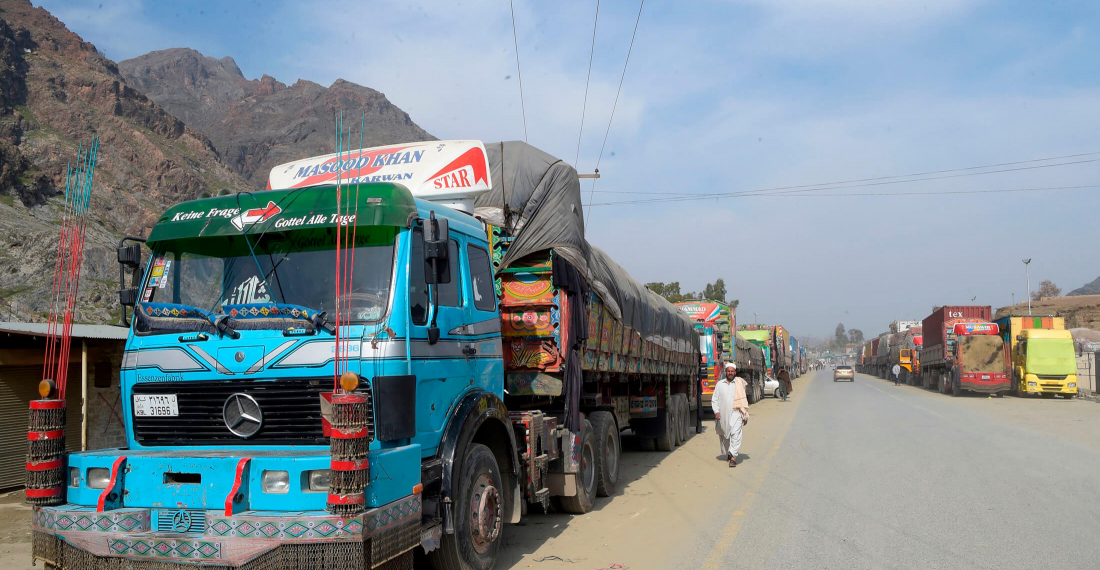The Afghan Ministry of Industry and Commerce has issued a statement that said "all barriers" in the way of trade relations between Afghanistan and Pakistan have been settled down over the past few weeks.
“The Ministry of Industry and Commerce under the leadership of Minister Nisar Ahmad Ghoryani is making all its efforts to remove all barriers in the way of the private sector in trade and commerce with Pakistan”, said the spokesman for the Ministry of Industry and Commerce, Fawad Ahmadi. Afghan officials of the ministry said that a delegation will soon visit Islamabad where they will discuss further enhancement of trade ties with Afghanistan.
Head of Afghanistan-Pakistan Joint Chamber of Commerce and Industries, Naqibullah Safai, said that trade delegations from Afghanistan and Pakistan in their recent meetings have agreed to resolve all their bilateral economic issues and enhance their joint efforts to further develop economic ties between the two countries.
Pakistan is Afghanistan’s largest trading partner, while Afghanistan is Pakistan’s second- largest export market. Peaceful economic cooperation between Afghanistan and Pakistan and improved trade and transit facilities could help connect South Asia with Central Asia. However, the volume of trade between Afghanistan and Pakistan has slumped to less than $1 billion from $3 billion in the past. Therefore, officials in Kabul raised hope that Afghanistan’s exports to Pakistan will increase by $400 million next year.







